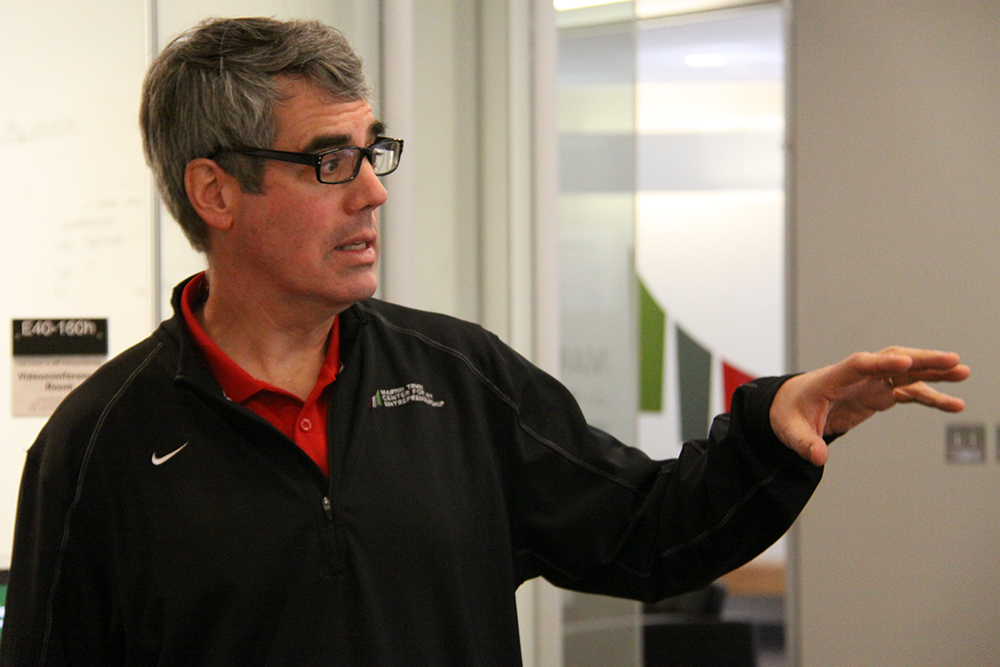new business models
 Educators estimate nearly 25 percent of college students want to be entrepreneurs. That's why more programs that teach entrepreneurship have emerged in academia.
Educators estimate nearly 25 percent of college students want to be entrepreneurs. That's why more programs that teach entrepreneurship have emerged in academia.
But can it be taught? Most people don't spring out of the ground fully formed as a savvy entrepreneur, so a main challenge is teaching people how to become one — or become a better one.
Listen to Kirk's extended interview with MIT's Bill Aulet on WGBH's The Takeaway:
Wisconsin's Northland College is the latest liberal arts school promising to freeze its tuition. The Associated Press reports freshmen at Northland won't pay more than $30,450 in tuition during their years on the Ashland campus. Responding to the public's outcry over the cost of college, more and more schools are pledging fixed-rate tuition.
 If you're in college, or you've recently graduated, chances are you've been taught by adjunct, part-time professors. That's because today adjuncts make up more than 50 percent of all college instructors in America — and many of them earn just a few thousand dollars per class. Now, there's a growing movement to unionize these instructors.
If you're in college, or you've recently graduated, chances are you've been taught by adjunct, part-time professors. That's because today adjuncts make up more than 50 percent of all college instructors in America — and many of them earn just a few thousand dollars per class. Now, there's a growing movement to unionize these instructors.

America’s universities are still held in high regard, but doubts persist about the system’s ability to prepare students for success in today’s fast-changing, knowledge-based economy.
The number of college graduates is climbing but too slowly to meet the country's economic needs, according to economists. That's why some innovators want to fundamentally change the way institutes of higher learning award college credit.
 The recession may be over but its effects still linger at public colleges and universities.
The recession may be over but its effects still linger at public colleges and universities.
After facing declining revenue during the longest recession since the 1930s, many state governments continue to defund public institutions of higher learning.
A new report released this month by the Massachusetts Budget and Policy Center finds state funding for public higher education in Massachusetts has fallen 25 percent since 2001.











